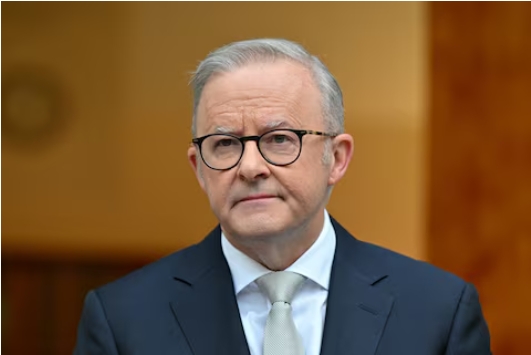The two-unit Byron NPP, comprising two pressurised water reactors with capacities of 1164MWe and 1136MWe will close in September 2021, and the two unit Dresden plant with two boiling water reactors with capacities of 894MWe and 879MWe in November 2021.
Dresden is licensed to operate for another decade and Byron for another 20 years. Together, they employ more than 1500 full-time employees and 2000 supplemental workers during refuelling outages.
“Although we know in our heads that shutting down the uneconomic Illinois plants is necessary to preserve even more jobs elsewhere, our hearts ache today for the thousands of talented women and men that have served Illinois families for more than a generation and will lose their jobs because of poorly conceived energy policies,” said Christopher Crane, president and CEO of Exelon. “But we are only about a year away from shutdown and we need to give our people, the host communities, and regulators time to prepare.”
“We recognise this comes as many of our communities are still recovering from the economic and public health impacts of the pandemic, and we will continue our dialogue with policymakers on ways to prevent these closures,” said Crane. “To that end, we have opened our books to policymakers and will continue to do so for any lawmaker who wishes to judge the plants’ profitability.”
“We agree with Governor Pritzker that policy reform is urgently needed to address the climate crisis and advance Illinois’ clean energy economy, and we support the objectives of the Governor’s recent energy principles,” added Crane. “That’s separate from today’s announcement to retire these two zero-carbon nuclear plants, which was not a decision made lightly and is one that has been in the works for some time.”
Despite being among the most efficient and reliable units in the USA, Dresden and Byron face massive revenue shortfalls because of declining energy prices and market rules that allow fossil fuel plants to underbid clean resources. The plants’ economic challenges are further exacerbated by a recent Federal Energy Regulatory Commission (FERC) ruling that gives an additional competitive advantage to polluting energy sources, Exelon said. “As a result of these market rules, Exelon Generation’s LaSalle and Braidwood nuclear stations in Illinois, each of which house two nuclear units and together employ more than 1500 skilled workers, are also at high risk for premature closure.”
In January 2019, Illinois committed to reducing greenhouse gas emissions consistent with the targets set in the Paris climate agreement. While the state is currently at roughly 85% progress towards the 2025 goal, if the four economically challenged nuclear plants (Dresden, Byron, Braidwood and LaSalle) prematurely retire, Illinois will drop to only 20% of the way towards the goal. Electric sector emissions in Illinois will increase by 70%.
Exelon said it will now file a deactivation notice with regional transmission organisation PJM Interconnection and inform key stakeholders and regulatory agencies of the retirements. In addition, the company will make official shutdown notifications to the Nuclear Regulatory Commission within 30 days; terminate capital investment projects required for long-term operation of Dresden and Byron; and scale back the refuelling outages scheduled for this autumn at Dresden and Byron.
These measures will result in spending reductions of $50 million and the elimination of up to 1400 of the more than 2000 jobs typically associated with the two refuelling outages. Exelon said it will work to place affected plant employees at other Exelon facilities or help them transition to positions outside the company, wherever possible.
Exelon Generation, a subsidiary of Exelon Corporation, operates the largest US fleet of nuclear power plants with more than 18,700MWe from 21 reactors at 12 facilities in Illinois, Maryland, New York and Pennsylvania. It also operates a diverse mix of wind, solar, landfill gas, hydroelectric, natural gas and oil facilities in 19 states with more than 12,300MWe.
An Exelon spokesperson said there is “a short window during which these decisions could be reversed if a policy solution is implemented.”
Maria Korsnick, president and CEO of the Nuclear Energy Institute, said Exelon’s announcement “comes after a long fight to keep these nuclear plants online”. She added that it is in the USA's interest to reverse the "troubling trend" of premature closures of nuclear plants.







